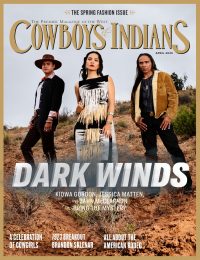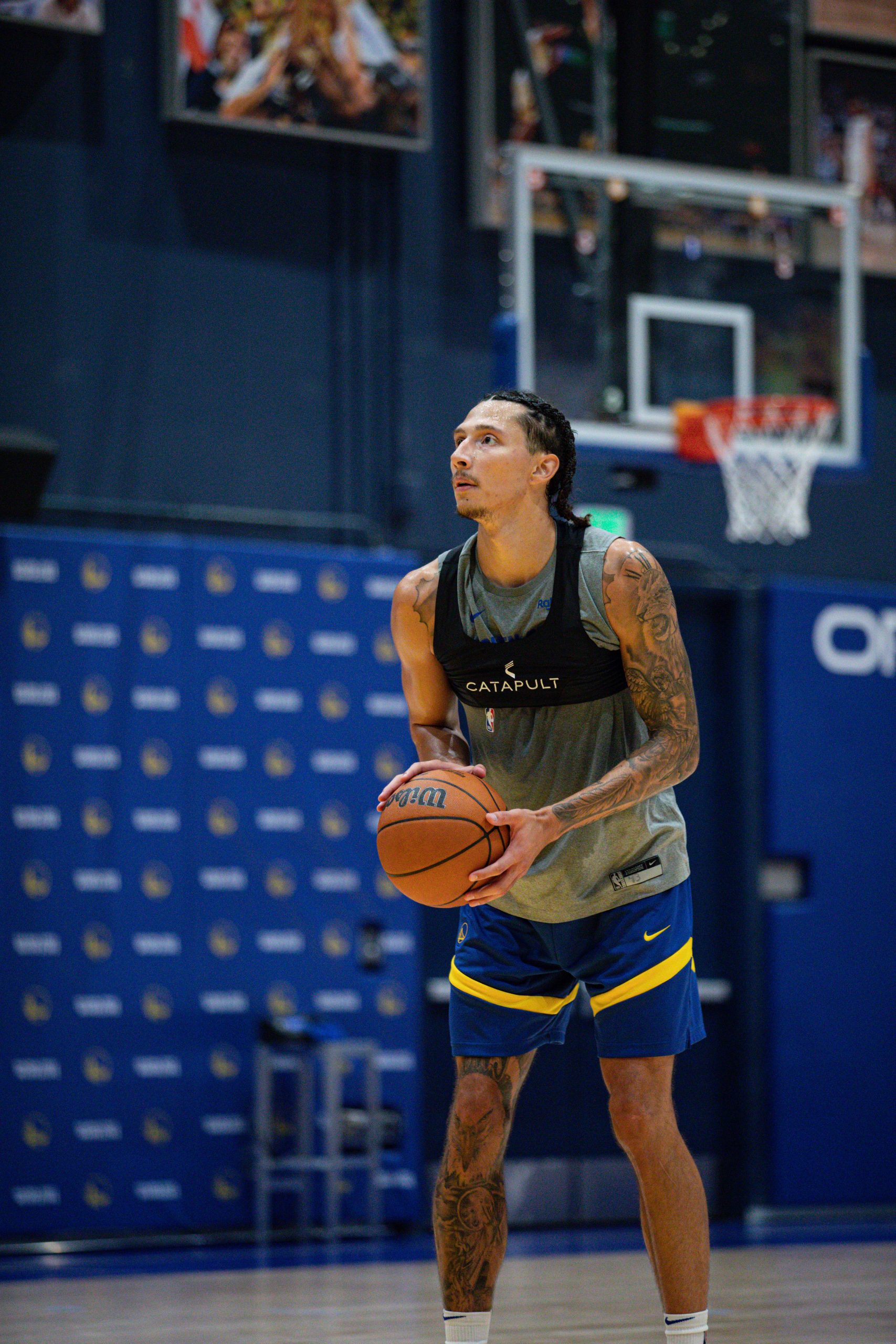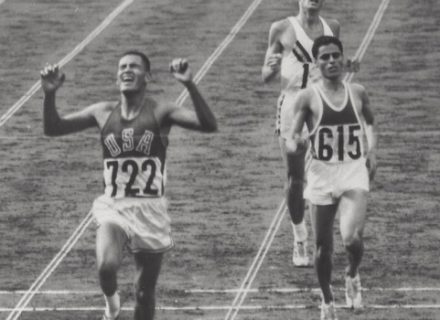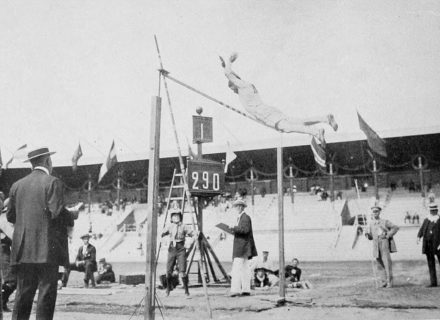Twenty-seven-year-old Oklahoma native Lindy Waters III advocates for young Native Americans and Indigenous through his basketball career and his nonprofit foundation.
Lindy Waters III is coming off a break — and he probably needed it.
In a matter of weeks, Waters (Kiowa-Cherokee) switched jobs and moved more than 1,600 miles from the state he called home for 27 years. To make matters worse, in his first week on the job, he was elbowed in the mouth, resulting in a broken tooth.
Tough day at the office?
It’s all part of the job of playing in the National Basketball Association.
“Just a part of basketball,” Waters says.
Waters now has an NBA roster spot with the Golden State Warriors. In June, the Warriors made a series of transactions that resulted in Waters moving from Oklahoma — where he had deep connections with his Native culture — to Oakland, California, in the San Francisco Bay Area.
“Growing up, I always wondered when it was my time to explore and get out of Oklahoma and see what the world has to offer,” Waters says. “Obviously, playing basketball, you get to travel and see different cities and different cultures in different countries. But never was I able to actually experience life, like a year away from home or longer.
“I always wondered when that was going to be.”
That time has arrived. Waters’ NBA career has taken him from the Oklahoma City Thunder to the Warriors. He barely veered far from the Oklahoma City area in high school and college, playing college basketball at Oklahoma State University in Stillwater after a standout high school basketball career in Norman.
For the first time, he’s away from his close-knit family and the commitments that have defined his passion as a Native influencer.
In 2018, he was named Indian of the Year at the American Indian Exposition Celebration in Anadarko, Oklahoma. That award spurred his activism, which led to the creation of his nonprofit foundation in his home state.
The Lindy Waters III Foundation, according to the website’s mission statement, “enhances and supports Native American youth and Indigenous communities through sports, health and wellness, and leadership programs.” Through his foundation, Waters hosts basketball camps for youth, particularly Native youth, reaching players throughout Oklahoma and as far as Lawrence, Kansas.
This past season, he was a finalist for the NBA’s Social Justice Champion Award.
With the Warriors, Waters hopes his foundation can grow as it’s exposed to tribal youth in the Oakland area, which is home to several Indigenous tribes and organizations.
“The goal is to network with these tribes out here, reach as many Native American kids as we can and give them as many opportunities and chances that are available,” he says. “The more we can reach, the better.”
He also plans to interact with Native communities in general in California.
“I didn’t realize how many tribes and Native people were actually out in California,” Waters says. “So, it’s exciting. I get to reach a whole new community and get to learn their culture, as well as share mine.”
Growing up, Waters says, he always thought Oklahoma was Indian Country. “Which it is, but there are tribes and cultures on the East Coast and the West Coast, through the Plains … there’s tribes everywhere. Even though I’m not the same tribe, I still look at it as we’re still one big family. And in this day and age, you want to try and kill that lateral oppression and try to band together.”
Beyond his foundation, Waters’ lifestyle off the court embraces the customs and traditions of his Kiowa and Cherokee ancestors.
He especially honors eagle feathers, which are given as gifts from one Native American to another. He has a tattoo of an eagle feather on his left arm. Waters also has a tattoo of a buffalo, the symbol of the Kiowa tribe. On his chest is a tattoo portrait of his grandfather, Lindy Waters Sr. On his right leg is a portrait of Olympic great and fellow Oklahoman Jim Thorpe (Sac and Fox).
Waters is one of a few Native athletes who have made it to an NBA. John Starks, who also played for Golden State, claimed his mother was of Muscogee Creek descent. The mother of Kyrie Irving, who plays for the Dallas Mavericks, is of Lakota descent.
Waters spent the past two-plus seasons with the NBA’s Oklahoma City Thunder. In 104 games, Waters averaged 12.3 minutes and 5.1 points. The Warriors hope to build on that.
“We think he fits into the skill set that we look for,” Warriors general manager Mike Dunleavy told NBA.com. “He does some stuff on the court, just more than shoot. He plays the style that we want to play.”
Waters says his role is going to be “more 3 and D. I think that I’ve been able to show them the past couple of years that I’m more than capable of doing that and helping teams win games.
“So, I think I’ll be perfectly fine out here.”
Certainly, Waters will be missed in Oklahoma. His presence alone prompted teams that he played for to recognize Native communities.
In Oklahoma State’s 2018 Nike N7 game, the team wore special turquoise jerseys to honor Native Americans. Also, before Waters joined the team, the Thunder unveiled their 2018-19 Native-themed City Edition jersey.
While at Oklahoma State, he participated in a “giveaway,” in which he presented sacred gifts to those who have helped him along the way. Some of his coaches, staff, and teammates received traditional Native-designed Pendleton blankets, which are meant to be passed along.
Waters also celebrates his heritage with his family. On his Cherokee side, Waters has joined his family in Tahlequah, Oklahoma, in a stomp dance ceremony. On his Kiowa side, Waters has joined his family in attending powwows in Norman.
Waters believes it was “God’s plan” for him to play for the Oklahoma City Thunder, but he’s OK with his journey being extended into the Bay Area.
“Being in San Francisco, it’s a blessing,” he says. “Beautiful city. Beautiful weather. Great food.
“I’ll miss my family. But at the end of the day, a job is a job. And I’m coming out here to work.”
PHOTOGRAPHY: Courtesy of Golden State Warriors

















